We Prioritize Cybersecurity in All Our Operations
As a company, we understand the importance of cybersecurity and have made it a top priority in everything we do. With the increasing threat landscape and the potential for cyber attacks to cause significant damage, we know that cybersecurity is critical to the success of our business and our clients. That's why we have implemented a comprehensive cybersecurity program that is designed to protect our systems, data, and clients from cyber threats.
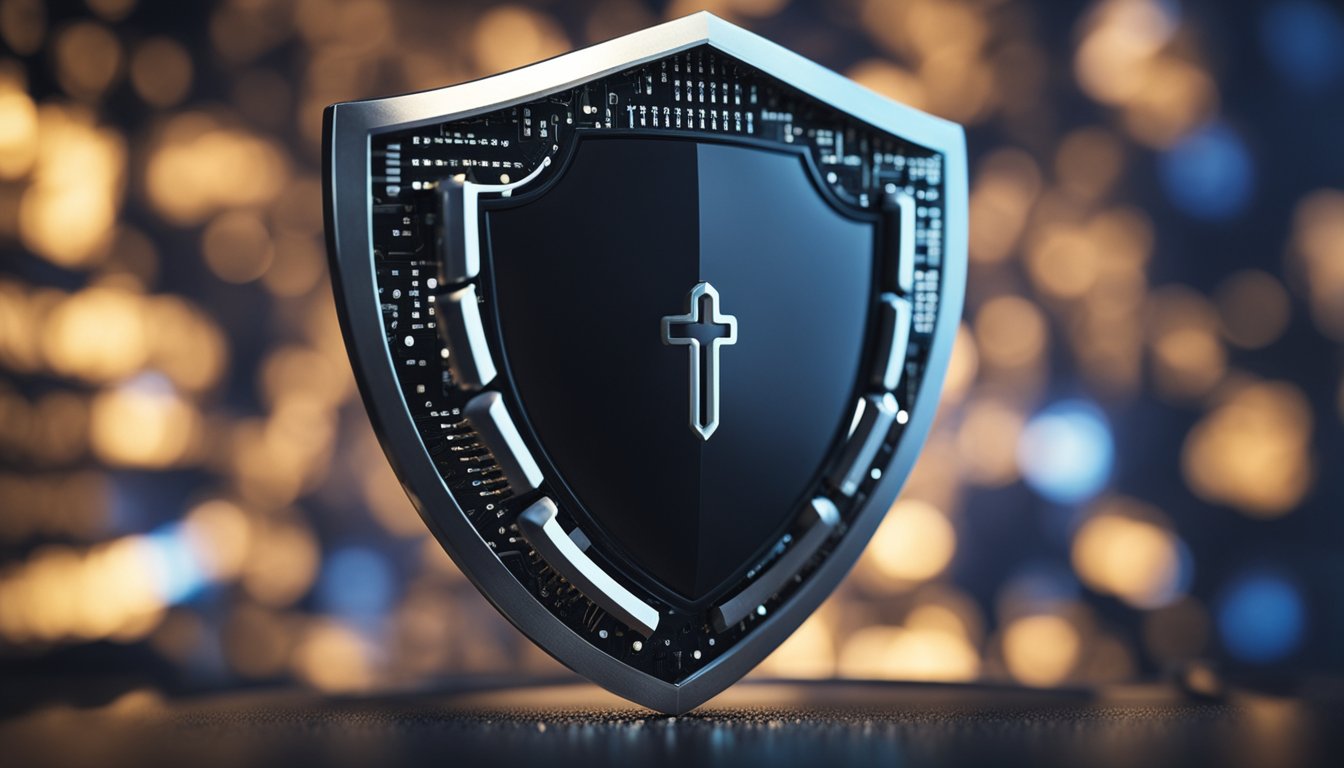
Our Secure Future Initiative is a key part of our cybersecurity program that provides a framework for identifying, assessing, and mitigating cyber risks. This initiative helps us to stay ahead of the constantly evolving threat landscape and ensures that we are taking proactive steps to protect our clients and our business. We have also invested in AI and automation to help us detect and respond to cyber threats more quickly and effectively.
Identity and access management is another important aspect of our cybersecurity program. We have implemented strict access controls and authentication mechanisms to ensure that only authorized users have access to our systems and data. This helps to prevent unauthorized access and reduces the risk of data breaches.
Key Takeaways
- Cybersecurity is a top priority for our company and is critical to the success of our business and clients.
- Our Secure Future Initiative provides a framework for identifying, assessing, and mitigating cyber risks.
- We have implemented strict access controls and authentication mechanisms to ensure that only authorized users have access to our systems and data.
The Central Role of Cybersecurity in Software Development
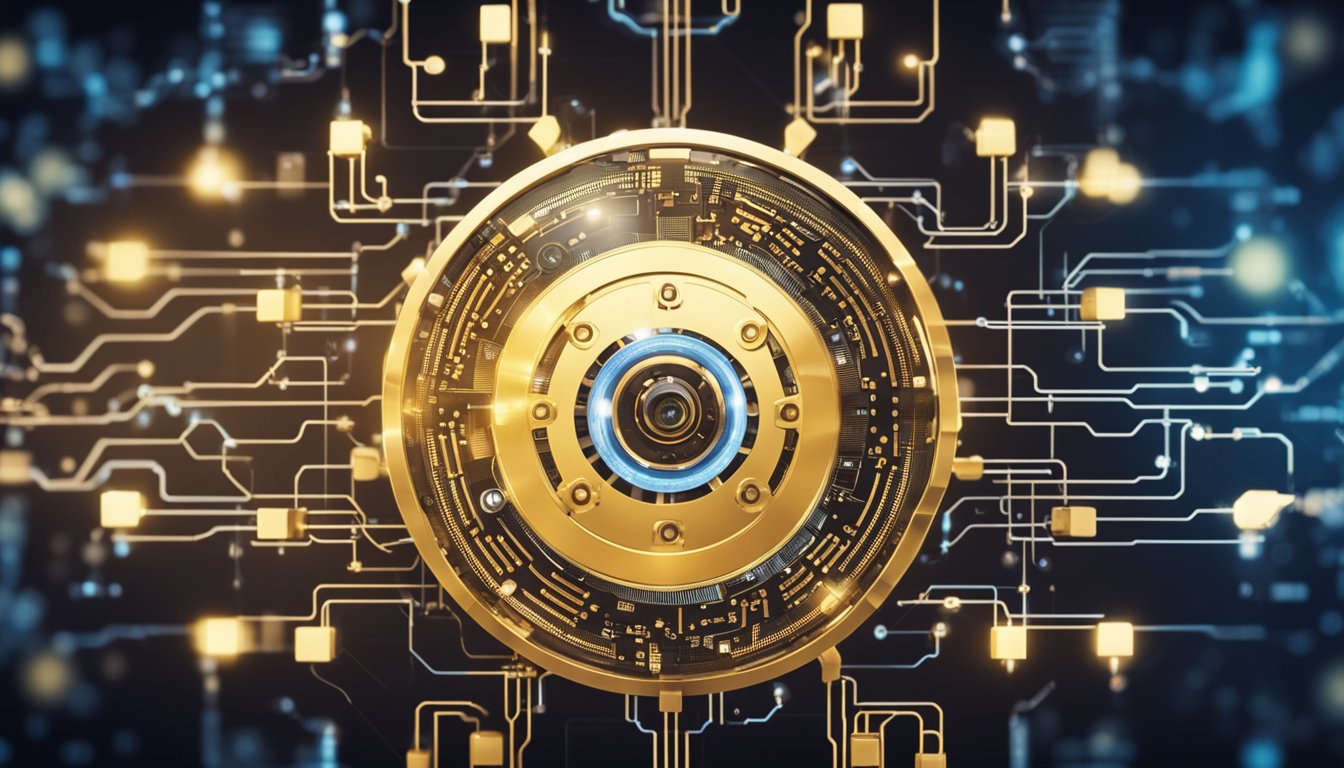
As someone who works in software development, I understand the importance of cybersecurity in creating safe and secure user environments. Incorporating security into the software development process at each step, from the initial design concept to the final release, is essential to ensure the protection of sensitive data and prevent cyber attacks.
Security Development Lifecycle and Dynamic SDL
One way that we prioritize cybersecurity in our software development process is through the use of the Security Development Lifecycle (SDL) and Dynamic SDL. The SDL is a framework that formalizes the tasks or activities into six to eight phases, with the goal of improving software quality by focusing on the process. The Dynamic SDL builds on the traditional SDL by incorporating continuous monitoring and testing to address evolving security threats.
Software Engineering and Accountability
Another key aspect of cybersecurity in software development is accountability. As software engineers, we have a responsibility to ensure that our code is secure and free from vulnerabilities. This means following best practices for secure coding, such as input validation and error handling, and regularly testing for potential vulnerabilities.
Software Supply Chain and Vulnerability Response
In addition to secure coding practices, we also prioritize cybersecurity in our software supply chain and vulnerability response processes. This includes vetting third-party software components for security vulnerabilities and having a plan in place to quickly respond to any identified vulnerabilities in our own software.
Overall, cybersecurity is a fundamental aspect of software engineering, and we take it seriously in everything we do. By incorporating security into each step of the software development process, we can help ensure the safety and security of our users' data.
AI and Automation in Cybersecurity Defense

As a company, we are committed to putting cybersecurity at the core of everything we do. One way we are doing this is by leveraging AI and automation to improve our cybersecurity defenses.
Generative AI and Machine Speed
Generative AI and machine speed are two key components in our cybersecurity defense strategy. Generative AI allows us to create synthetic data that can be used to train machine learning models. This helps us identify and respond to threats more quickly and accurately. Machine speed, on the other hand, allows us to analyze large amounts of data in real-time, enabling us to detect and respond to threats faster than ever before.
AI-Based Cyber Defenses and Datacenters
We are also using AI-based cyber defenses and datacenters to protect our systems. Our AI-based cyber defenses use machine learning algorithms to detect and respond to threats in real-time. This allows us to quickly identify and neutralize potential threats before they can cause any damage. Our AI-based datacenters, on the other hand, use automated processes to monitor and manage our infrastructure. This helps us ensure that our systems are always up-to-date and secure.
Microsoft Threat Analysis Center and AI Models
The Microsoft Threat Analysis Center (MTAC) is another important component of our cybersecurity defense strategy. MTAC is a team of security experts who use AI models to analyze and respond to threats. They work around the clock to monitor our systems and respond to any potential threats.
In addition to using AI and automation in our cybersecurity defenses, we are also committed to responsible AI principles. We believe that AI should be used ethically and transparently, and we are committed to ensuring that our use of AI is aligned with these principles.
Overall, our use of AI and automation in cybersecurity defense is helping us stay ahead of the constantly evolving threat landscape. We will continue to invest in these technologies to ensure that our systems and our customers remain secure.
Identity and Access Management in Cybersecurity
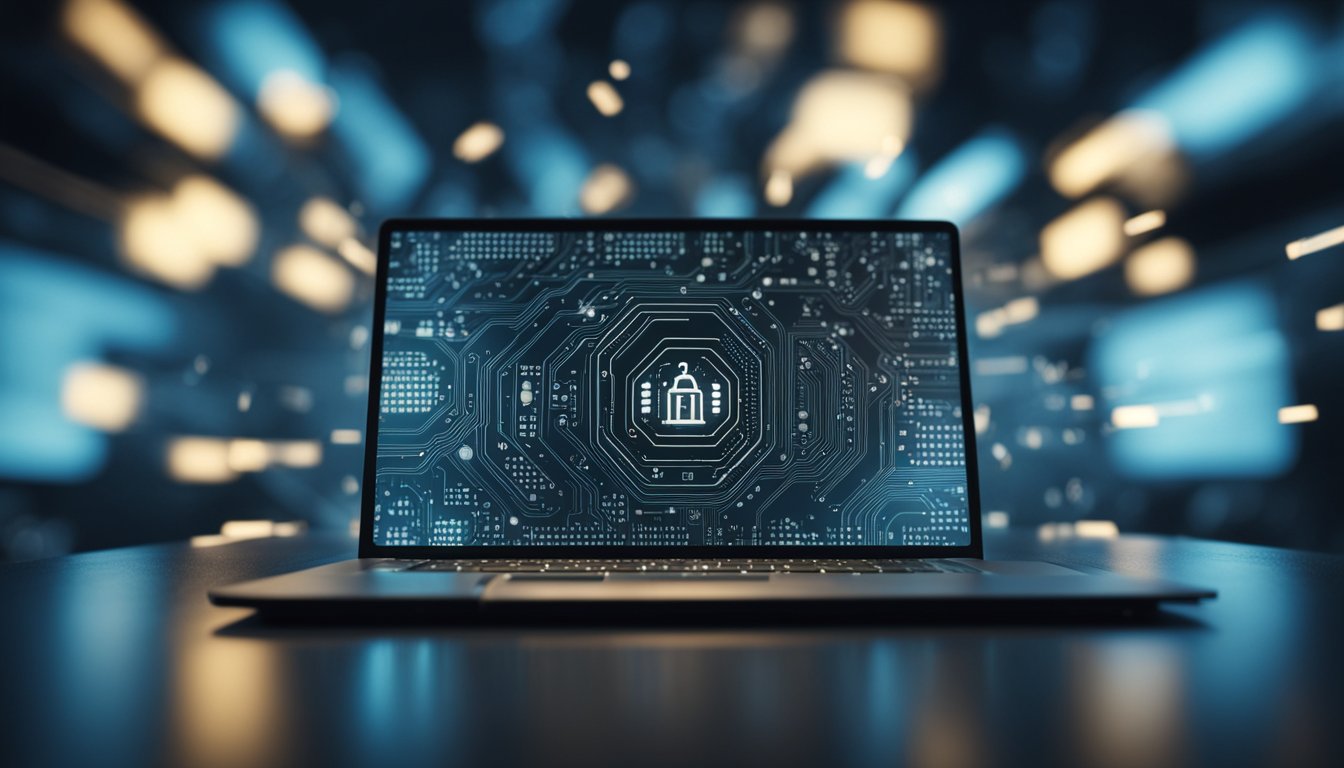
As a cybersecurity-focused company, we recognize the importance of Identity and Access Management (IAM) in protecting our clients' sensitive data. IAM is a critical component of any cybersecurity strategy, as it ensures that only authorized individuals have access to sensitive information. In this section, I will discuss the importance of IAM and how we implement it in our cybersecurity solutions.
Multi-Factor Authentication and Identity Protection
One of the key aspects of IAM is multi-factor authentication (MFA), which adds an extra layer of security to the authentication process. MFA requires users to provide two or more forms of identification before granting access to sensitive information. This can include something the user knows, such as a password or PIN, something they have, such as a smart card or token, or something they are, such as a biometric identifier like a fingerprint or facial recognition.
At our company, we implement MFA in all of our cybersecurity solutions to ensure that only authorized individuals have access to sensitive data. We also provide identity protection services to our clients, which includes monitoring for suspicious activity and alerting clients in the event of a potential breach.
In addition to MFA and identity protection, we also implement strict access controls to ensure that only authorized individuals have access to sensitive information. This includes limiting access to data on a need-to-know basis and implementing role-based access controls (RBAC) to ensure that users only have access to the data and systems necessary to perform their job functions.
In conclusion, IAM is a critical component of any cybersecurity strategy, and we take it seriously at our company. By implementing MFA, identity protection, and strict access controls, we ensure that our clients' sensitive data remains secure.
The Global Cybersecurity Landscape
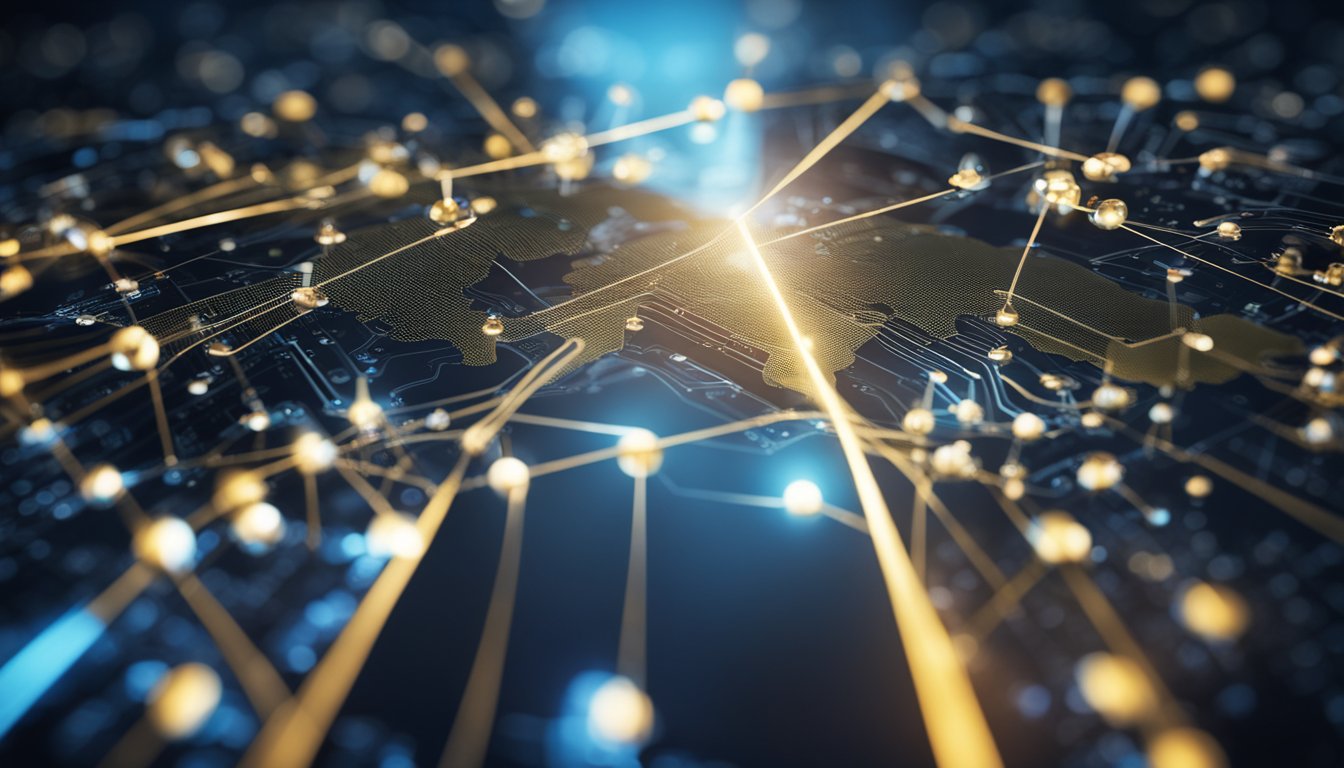
As a company that prioritizes cybersecurity, it is essential to stay up-to-date on the global cybersecurity landscape. In recent years, the cybersecurity landscape has become increasingly complex, with new threats emerging every day. In this section, I will discuss some of the most pressing issues facing the cybersecurity industry today.
Cyber Threats and State Actors
Cyber threats are a significant concern for businesses and governments around the world. Cybercriminals and threat actors are constantly developing new and innovative ways to breach security systems and steal sensitive information. Additionally, state actors are becoming increasingly involved in cyber espionage and cyber warfare, creating a new level of threat for businesses and governments.
To combat these threats, businesses and governments must invest in advanced analytics and threat intelligence systems that can detect and respond to threats quickly. Additionally, international norms in cyberspace must be established to prevent state actors from engaging in cyber warfare and espionage.
International Norms and Government Agencies
International norms in cyberspace are critical to ensuring that businesses and governments can operate securely in the digital age. Government agencies play a vital role in establishing and enforcing these norms, as well as providing guidance and support to businesses and individuals.
Critical infrastructure is another area of concern for businesses and governments. Malware attacks on critical infrastructure, such as power grids and transportation systems, can have catastrophic consequences. Therefore, it is essential for businesses and governments to invest in advanced security systems to protect these critical systems from cyber threats.
In conclusion, the global cybersecurity landscape is constantly evolving, and it is essential for businesses and governments to stay up-to-date on the latest threats and trends. By investing in advanced analytics, threat intelligence, and security systems, businesses and governments can stay ahead of cyber threats and protect their sensitive information. Additionally, international norms in cyberspace must be established to prevent state actors from engaging in cyber warfare and espionage.
Frequently Asked Questions
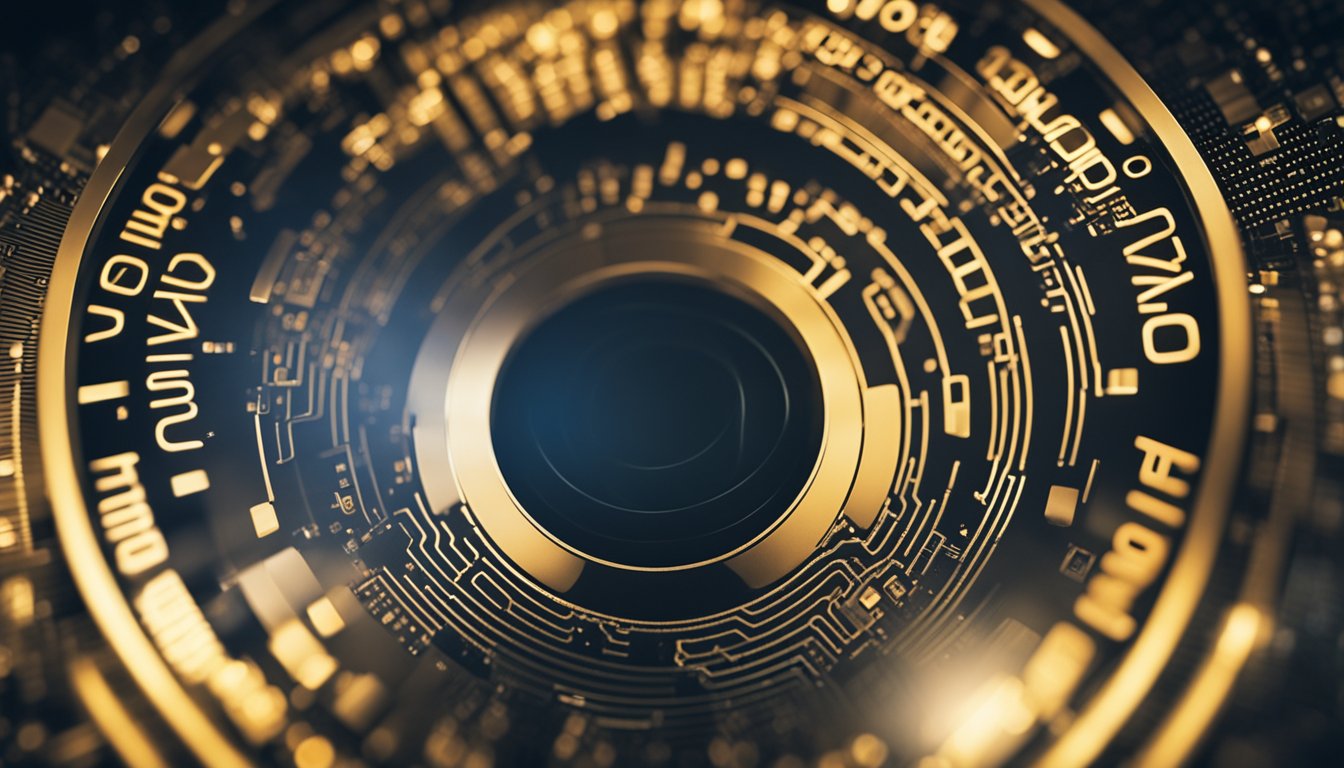
What are some examples of cyber security measures we take?
At our company, we take cyber security very seriously. We implement a variety of measures to ensure the safety and security of our data and systems. Some examples of these measures include:
- Regularly updating and patching our software to address any known vulnerabilities
- Implementing strong password policies and requiring multi-factor authentication for all accounts
- Conducting regular security audits and risk assessments to identify and address potential weaknesses
- Providing ongoing training and education to our employees to ensure they are aware of the latest threats and best practices for staying safe online
- Using firewalls, intrusion detection systems, and other advanced security technologies to protect against cyber attacks
What are the main concepts of cyber security and how do they relate to our work?
The main concepts of cyber security include confidentiality, integrity, and availability. Confidentiality refers to the protection of sensitive information from unauthorized access or disclosure. Integrity refers to the accuracy and completeness of data, ensuring that it has not been tampered with or altered in any way. Availability refers to the ability to access data and systems when needed.
These concepts are integral to our work, as we deal with sensitive data and need to ensure that it is protected at all times. By implementing strong security measures and following best practices, we can ensure that our data remains confidential, accurate, and available when we need it.
How does cyber security benefit our business?
Cyber security is essential for the success of our business. By implementing strong security measures, we can:
- Protect our data and systems from cyber attacks, reducing the risk of data breaches and other security incidents
- Build trust with our customers by demonstrating our commitment to keeping their data safe and secure
- Avoid costly downtime and disruptions caused by security incidents
- Ensure compliance with industry regulations and standards
Overall, investing in cyber security is a smart business decision that can help us protect our assets, maintain our reputation, and avoid costly security incidents.
What are some common cyber security threats and how do we protect against them?
There are many different types of cyber security threats, including malware, phishing attacks, ransomware, and more. To protect against these threats, we implement a variety of measures, including:
- Using anti-virus and anti-malware software to detect and remove malicious programs
- Educating our employees on how to identify and avoid phishing scams and other social engineering attacks
- Backing up our data regularly to ensure we can recover from a ransomware attack or other data loss incident
- Implementing strong access controls and network segmentation to limit the damage caused by a potential breach
By taking these measures, we can significantly reduce the risk of a successful cyber attack and protect our data and systems from harm.
Why is cyber security important for everyone to understand?
Cyber security is important for everyone to understand because we all play a role in keeping our data and systems safe. Whether you are an employee, a customer, or a business owner, you need to be aware of the risks and take steps to protect yourself and your data.
By understanding the basics of cyber security, you can:
- Avoid falling victim to common scams and attacks
- Protect your personal information and financial assets
- Help your business stay secure and avoid costly security incidents
Overall, cyber security is everyone's responsibility, and by working together, we can all help keep our data and systems safe.
What courses or training opportunities do we offer to ensure our team is equipped with the latest cyber security knowledge?
At our company, we take training and education seriously. We offer a variety of courses and training opportunities to ensure that our team is equipped with the latest cyber security knowledge and best practices.
Some examples of the training we offer include:
- Regularly scheduled training sessions on topics such as password security, phishing awareness, and data protection
- Access to online training courses and resources from reputable sources such as SANS and Cybrary
- Participation in industry conferences and events to stay up-to-date on the latest trends and threats in cyber security
By providing our team with the tools and knowledge they need to stay safe online, we can ensure that our data and systems remain secure and protected from cyber threats.

We are committed to delivering a new level of automation that will help organizations save time, money, and staffing resources.
 WRITE FOR US!
WRITE FOR US!
